Ever felt overwhelmed with emotions, only to suddenly shut down and disconnect from the world around you? Have you ever asked yourself “Why do I shut down when upset?”
It’s a common experience for many people, and it can be puzzling and frustrating. Today, we will explore the concept of emotional shutdown, its signs, and the underlying causes that lead a person to shut down emotionally.
So, if you’ve ever wondered, what does it mean to shut down emotionally, keep reading to gain a deeper understanding of this phenomenon.
What Does It Mean to Shut Down Emotionally?
Emotional shutdown refers to a state in which an individual becomes emotionally numb or detached from their feelings in response to distressing or overwhelming situations.
It is a defense mechanism that the mind employs to protect itself from emotional pain or perceived threats. When we shut down emotionally, we may withdraw from others, experience a lack of motivation, and struggle to express or process our emotions effectively.

Why Do I Shut Down When Upset?
Shutting down when upset is a common response that can occur due to various reasons. It may be a self-protective mechanism to cope with overwhelming emotions or stress.
When faced with intense emotional distress, some individuals instinctively withdraw or disengage as a way to create emotional distance and regain a sense of control. Shutting down can also be a result of past experiences or trauma, where dissociation or numbing becomes a learned response.
Understanding the signs, underlying causes and seeking support from mental health professionals can help in exploring coping strategies to manage and address these reactions in a healthier and more constructive manner.
Related: What To Do If You Are Depressed: A 15-Step Guide
Signs of Shutting Down Emotionally
Here are most common indicators and signs of shutting down emotionally that you must know about –
1. Withdrawal and Isolation
One of the primary indicators of emotional shutdown is a strong desire to withdraw from social interactions.
You may find yourself canceling plans, avoiding phone calls, or isolating yourself from your loved ones. This withdrawal serves as a protective measure to prevent further emotional distress.
2. Emotional Numbness
Shutting down emotionally often results in a sense of numbness or emptiness. You might feel disconnected from your own emotions, as if a barrier has been erected between you and your feelings.
This numbness can extend to all emotions, including both positive and negative ones.
3. Lack of Energy and Motivation
When experiencing emotional shutdown, you may notice a significant decrease in energy levels and motivation. Everyday tasks may feel burdensome, and you might struggle to find joy or enthusiasm in activities that used to bring you pleasure.
4. Difficulty Expressing Emotions
Expressing emotions can become challenging during an emotional shutdown. You may find it hard to articulate how you feel or even identify your emotions accurately. This can lead to a sense of frustration, further perpetuating the shutdown.
What Causes a Person to Shut Down Emotionally
Here are some of the factors that may lead to emotional shutdown in someone –
1. Past Traumatic Experiences
Emotional shutdown can often be rooted in past traumatic experiences. If you have encountered situations that overwhelmed you emotionally or caused significant distress, your mind may resort to shutting down as a protective mechanism.
This response aims to shield you from similar pain in the present.
2. High Stress Levels
Excessive stress can also trigger emotional shutdown. When stress becomes chronic or overwhelming, the mind may instinctively shut down emotions to prevent further psychological strain.
This can be particularly common in situations where stressors pile up and exceed an individual’s coping mechanisms.
3. Fear of Vulnerability
Shutting down emotionally can be a response to a fear of vulnerability. Opening up and expressing emotions requires a level of trust and a willingness to be vulnerable with others.
If you have experienced past betrayals or emotional hurt, you may develop a defense mechanism of emotional shutdown to protect yourself from potential harm.
4. Learned Behavior
For some individuals, emotional shutdown can be a learned behavior. If you grew up in an environment where expressing emotions was discouraged or dismissed, you may have internalized the belief that it is safer to shut down emotionally.
Over time, this learned behavior can become automatic and challenging to break free from.
Related: The Cost Of Unexpressed Feelings In Romantic Relationships
5. Overwhelming Emotions
When emotions become too intense or overwhelming, shutting down can feel like the only way to regain control. The mind may perceive the emotional flood as a threat and respond by numbing or disconnecting from those emotions.

Overcoming Emotional Shutdown
Now that we have answered the glaring question: “Why do I shut down when upset?”, let’s focus on how you can overcome this feeling. Here are a few helpful strategies –
1. Self-Awareness and Acceptance
Developing self-awareness and acceptance of your emotional shutdown patterns is a crucial first step toward overcoming them. Recognize the signs and triggers of your emotional shutdown, and acknowledge that it is a protective mechanism that may no longer serve you.
2. Seek Support
Reach out to trusted friends, family members, or professionals who can provide a supportive environment for you to express your emotions. Building a network of understanding individuals can help you feel safe to open up and gradually break the cycle of emotional shutdown.
3. Develop Emotional Coping Strategies
Explore healthy coping mechanisms that allow you to process and regulate your emotions effectively. Engage in activities such as journaling, mindfulness, deep breathing exercises, or creative outlets like art or music, which can help you reconnect with your emotions.
4. Professional Help
If emotional shutdown persists and significantly impacts your daily life, seeking professional help from a therapist or counselor is essential. They can guide you through the healing process, help you identify underlying causes, and provide you with strategies to navigate emotional challenges.
Takeaway
Understanding emotional shutdown and its causes is crucial for developing healthy emotional well-being. Remember, emotional shutdown is not a sign of weakness but a protective response to overwhelming emotions or past traumas.
By cultivating self-awareness, seeking support, and implementing effective coping strategies, you can gradually overcome emotional shutdown and create a healthier relationship with your emotions.
Related: Why Your Man Always Seems To ‘Shut Down’ During An Argument
So, the next time you find yourself asking, “Why do I shut down when upset?” remember that with patience, self-compassion, and the right tools, you can learn to navigate emotional challenges and foster emotional resilience.
Remember, you don’t have to face this journey alone. Reach out to those around you and seek the support you need. Together, we can break free from emotional shutdown and embrace a more vibrant and fulfilling emotional life.
Frequently Asked Questions (FAQs):
How do I stop shutting down when upset?
Practice self-awareness, deep breathing, and healthy communication to prevent shutting down when upset. Seek support when needed.
Is shutting down a trauma response?
Yes, shutting down emotionally can be a trauma response, often used as a defense mechanism to cope with overwhelming stress or past trauma.
Why do I shut down when arguing?
Shutting down during arguments can be a defense mechanism, triggered by stress, emotional overwhelm, fear, or a need to protect oneself.
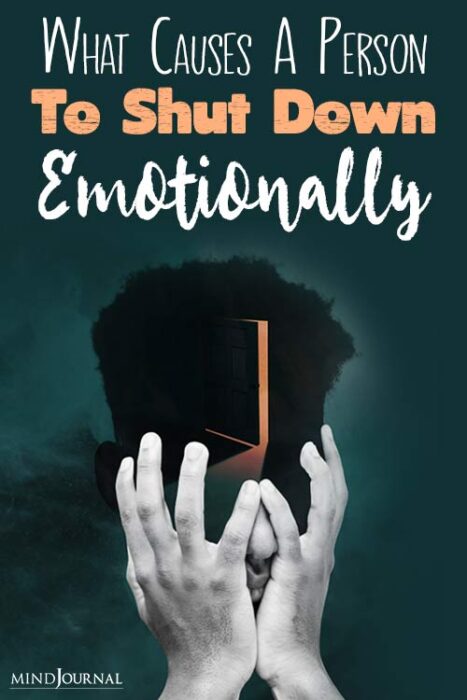
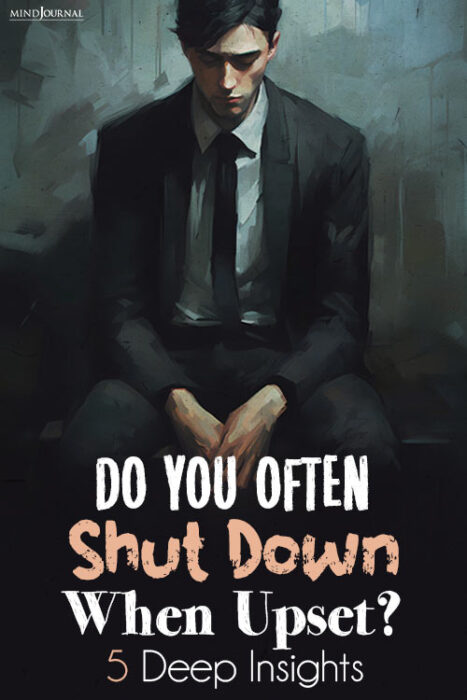
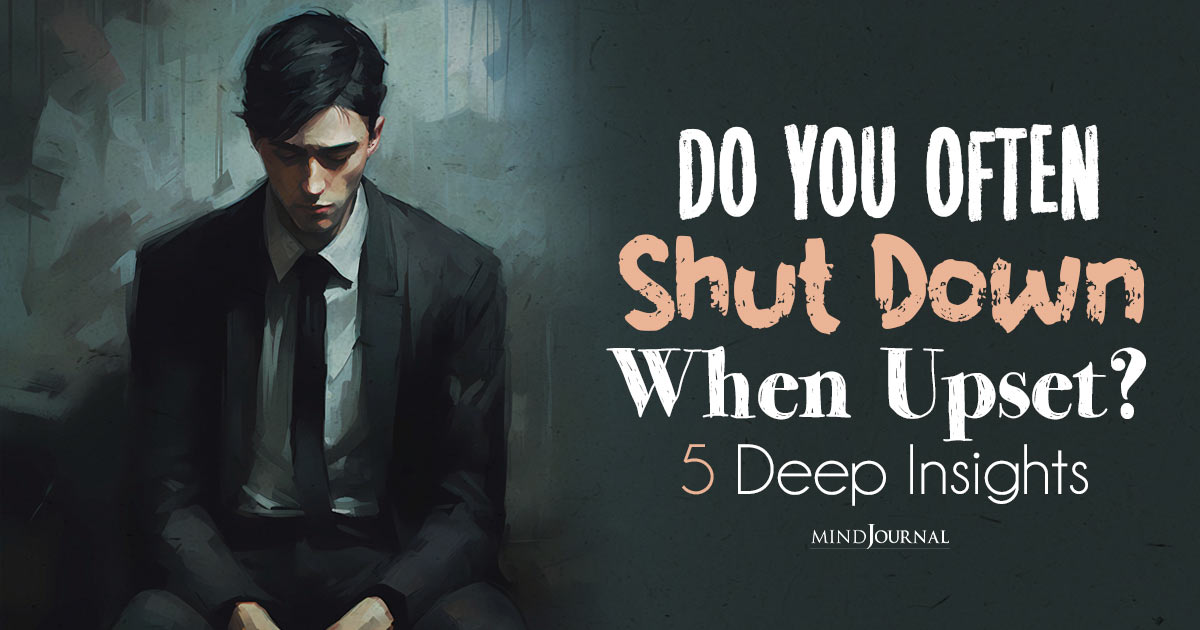

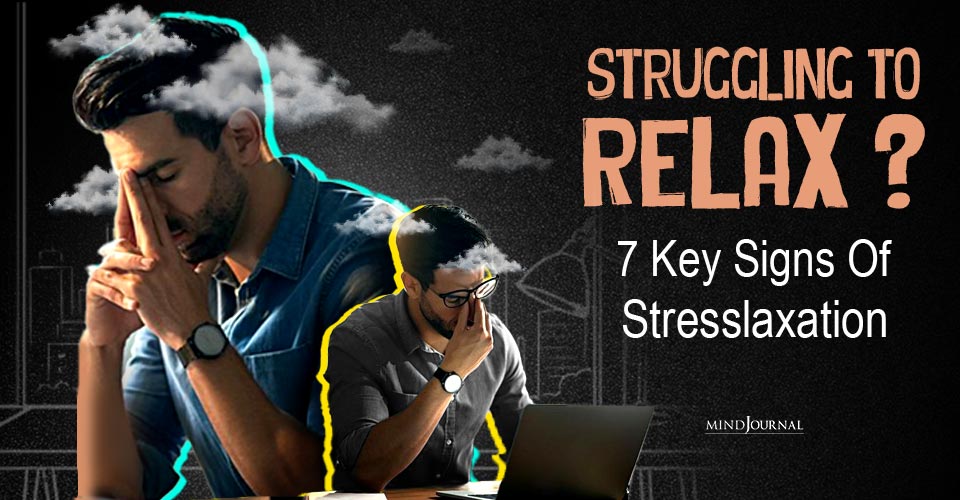

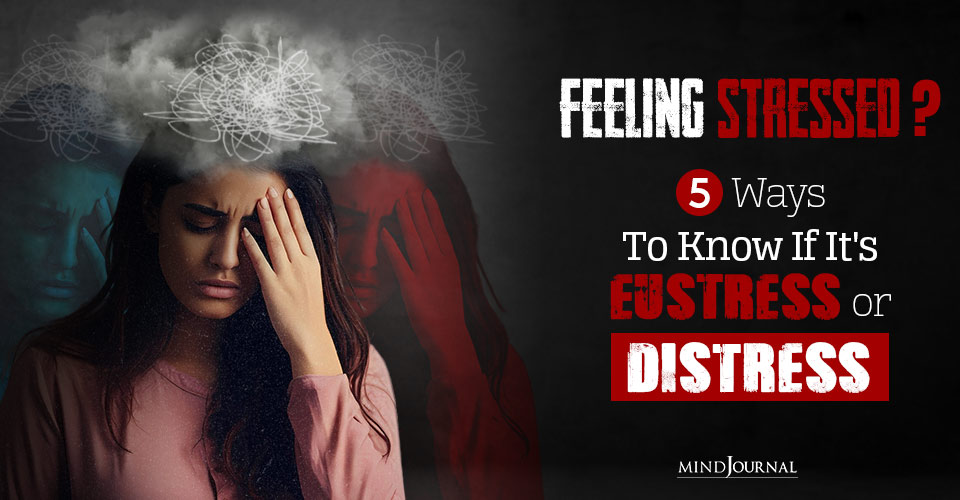
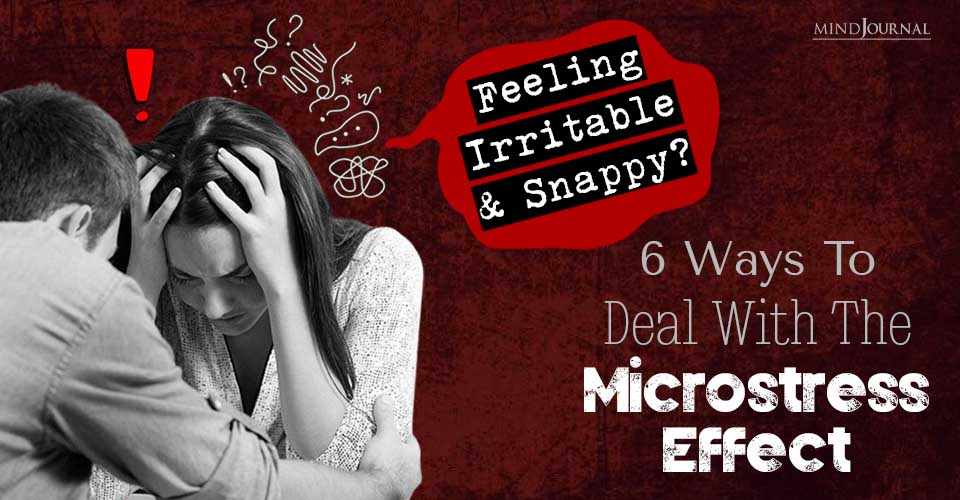


Leave a Reply
You must be logged in to post a comment.